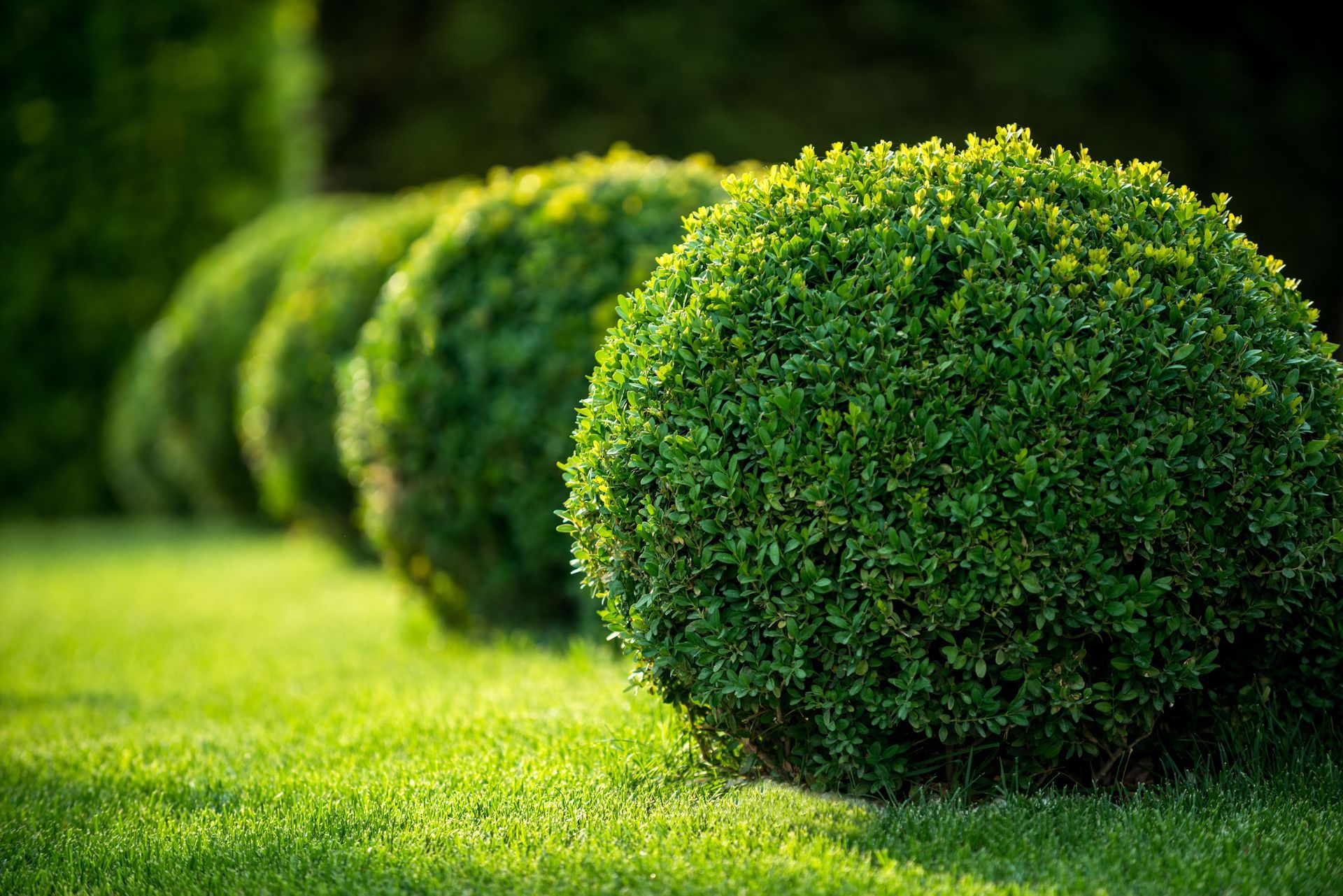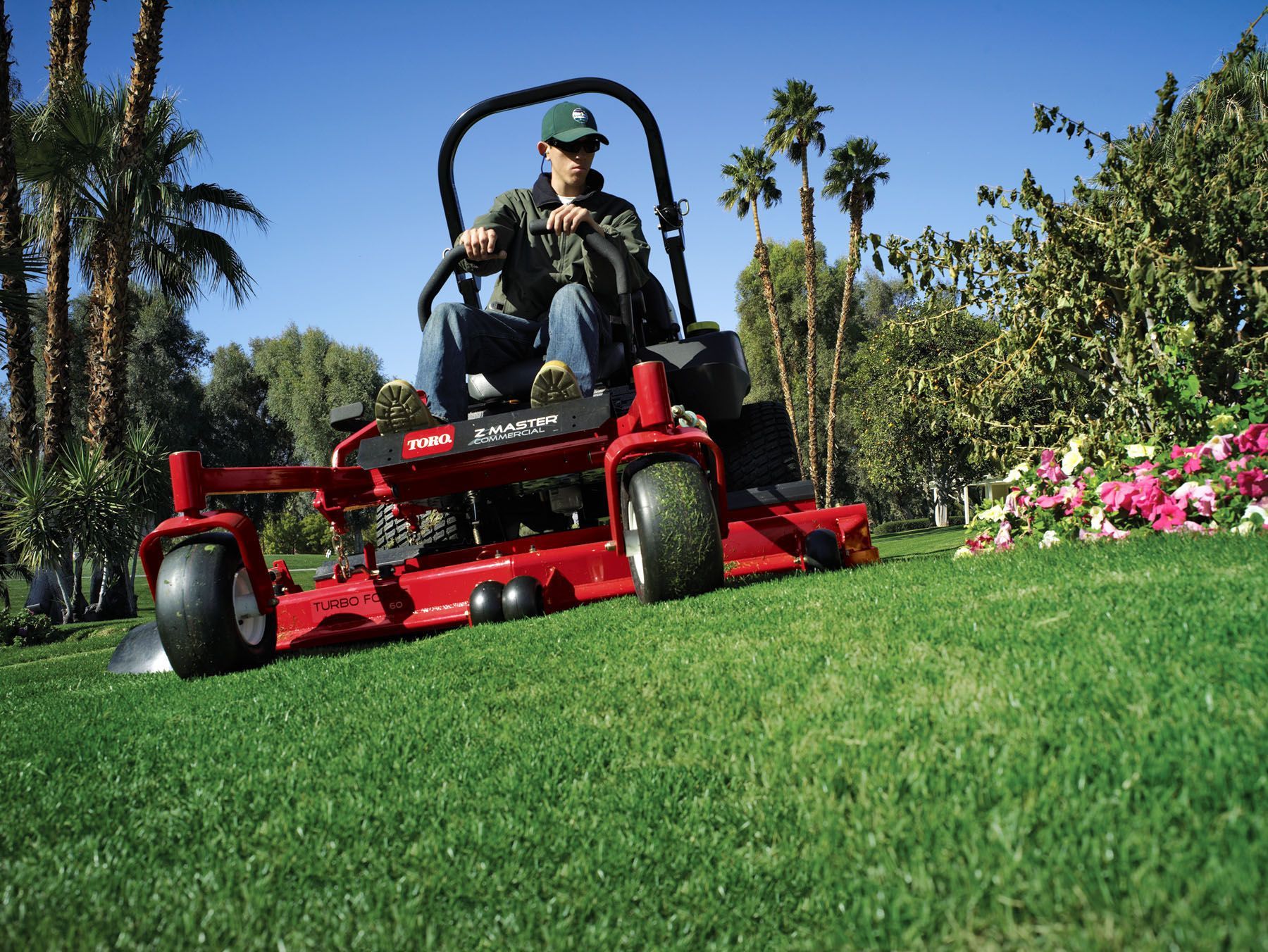How Landscape Mulching May Change in the Coming Years
As our environment and technology rapidly evolve, so does the landscape architecture industry. Among the various elements in landscaping, soil nourishment and garden aesthetics are crucially influenced by mulching practices. With the increasing focus on sustainable gardening, eco-friendly materials, and innovative techniques, we can expect significant changes in landscape mulching in the coming years. This post explores potential trends and advancements that may redefine mulching, making it more effective, sustainable, and widely used across the U.S. and beyond.
New Materials: Shifting Toward Sustainable Mulching
The traditional materials used for mulching, such as wood chips and straw, might soon be rivaled by more sustainable and innovative options. Researchers are exploring biodegradable and recycled materials in an effort to cater to eco-conscious consumers. As sustainability continues to be a driving factor for many industries, mulching will likely see a shift toward environmentally friendly products that not only improve garden health but also reduce waste and environmental impact.
Smart Technology: Enhancing Mulching With Data-Driven Solutions
Technological advancements will play a significant role in the transformation of landscape mulching practices. Smart garden technology, for instance, may integrate sensor systems with mulch layers to monitor soil moisture and nutrient levels in real-time. By using data-driven insights, gardeners and landscapers can make informed decisions to optimize plant health. According to Real Green Systems, the U.S. landscaping services industry experienced an average annual growth rate of 4% leading into 2024, so it's evident that demand for smarter, more efficient solutions is on the rise.
Climate Challenges: Exploring Strategies for a Changing Environment
Climate change will also influence mulching trends, encouraging methods that help conserve water and improve soil structure to handle extreme weather conditions. Certain mulches, such as those that improve water retention, will become more popular as water scarcity becomes a pressing issue. Landscapers might also employ multi-functional mulch solutions that not only protect soils and plants but also contribute to carbon sequestration, furthering efforts to combat climate change.
As these elements come into play, we can anticipate a dynamic shift towards more innovative and eco-friendly landscape mulching solutions. Landscapes of tomorrow will not only be visually appealing but also adaptable and resilient to environmental challenges, marking a new era for gardening enthusiasts and professionals alike. If you're seeking residential and commercial landscapers you can depend on, reach out to Windwood Enterprises today!




Share On: